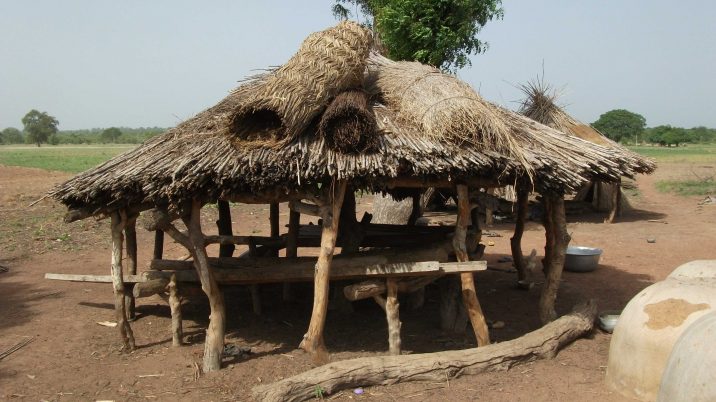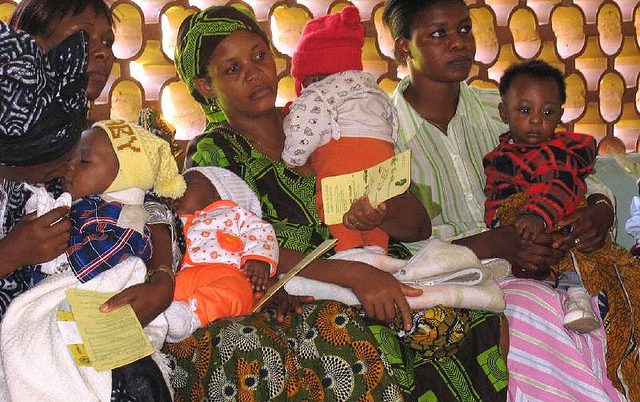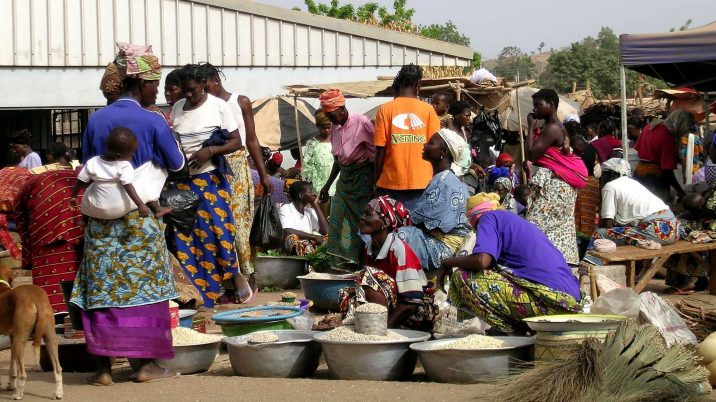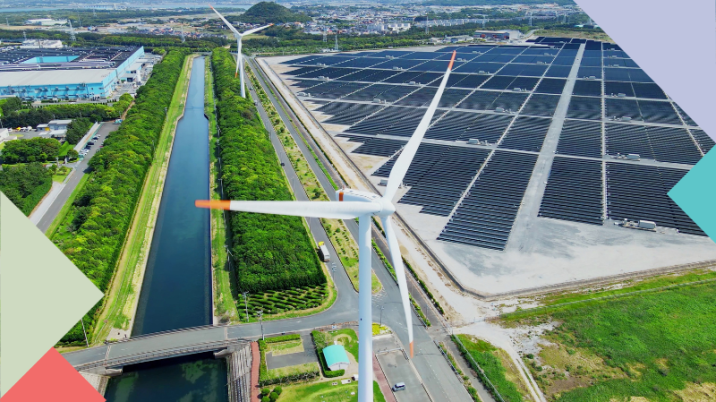Poverty and livelihoods
Over 1.3 billion people around the world live in poverty. The impacts of poverty and deprivation are felt not only in economic terms but across the spectrum of life, from social and cultural opportunities to access education and healthcare. Entrenched poverty is often exacerbated by violent conflict and climate change disasters.
Understanding the multidimensional nature of poverty and people’s livelihoods, particularly as many of those living in poverty are working poor, is at the heart of sustainable development. In order for social protection systems to prevent and reduce poverty, and support the most vulnerable in society, it is essential to understand what works, for whom and why.
We work across this diverse range of interconnected issues. Our work seeks to understand what works in which contexts to best enable people and communities to enhance their capabilities, assets and activities. From understanding how social protection can act as a safety net for increasing human potential, and protect vulnerable people from risks and shocks, to measuring the impact of integrated development programming, our work helps to ensure interventions maximise their impact and support vulnerable people.

Impact evaluation of the Millennium Villages project in Northern Ghana
Billions of people live in extreme poverty. The Millennium Villages project is a bold attempt to lift rural African...

Independent Evaluation of the Child Development Grant in Northern Nigeria
Malnutrition is endemic in Northern Nigeria and has complex inter-related causes associated with food security, caring...
Impact Evaluation of a Programme to Accelerate Improved Nutrition for the Extreme Poor in Bangladesh
Rates of malnutrition in Bangladesh are among the highest in the world. The ‘DFID Programme to Accelerate Improved Nutrition...

Evaluation of the Adaptive Social Protection in the Sahel Programme
Poor and vulnerable people face increased shocks and stresses to their livelihoods. These can be global, such as financial...
Publications

Research and evaluation of import control rules designed to reduce illegal, unregulated, and unreported fishing
A review, conducted by Itad for the Walton Family Foundation, of the effectiveness of Import Control Rules designed to reduce...

Private Capital Mobilisation: Concepts and Definitions
By establishing a common vocabulary this publication aims to support a more coordinated approach by Development Finance...

Evaluating the impact of a hydroelectric power investment in the Democratic Republic of the Congo
This report explores the impact of British International Investment's (BIIs) funding in Virunga Energies’ hydroelectric...

Drivers of impact in research and innovation for development
Our Global Challenges Research (GCFR) evaluation survey highlights four important drivers of impact in research and innovation...
Blogs and news

Four points to inform successful youth employment strategies
Insights from our work highlights common issues for those working on Africa’s youth employment challenge – and raises...

Exploring the ‘Power of Story’ at the American Evaluation Association Conference 2023
Join us at the American Evaluation Association Conference from 9-14 October! We'll be sharing ideas, skills and reflecting on...

Shaping organisational change for more effective philanthropy
An Itad evaluation conducted in partnership with global philanthropic organisation Porticus, led to organisational changes for...

Understanding the protection of refugee rights during the COVID-19 pandemic
COVID-19 has exacerbated the challenges faced by refugees across the globe in exercising their rights and gaining access to...

